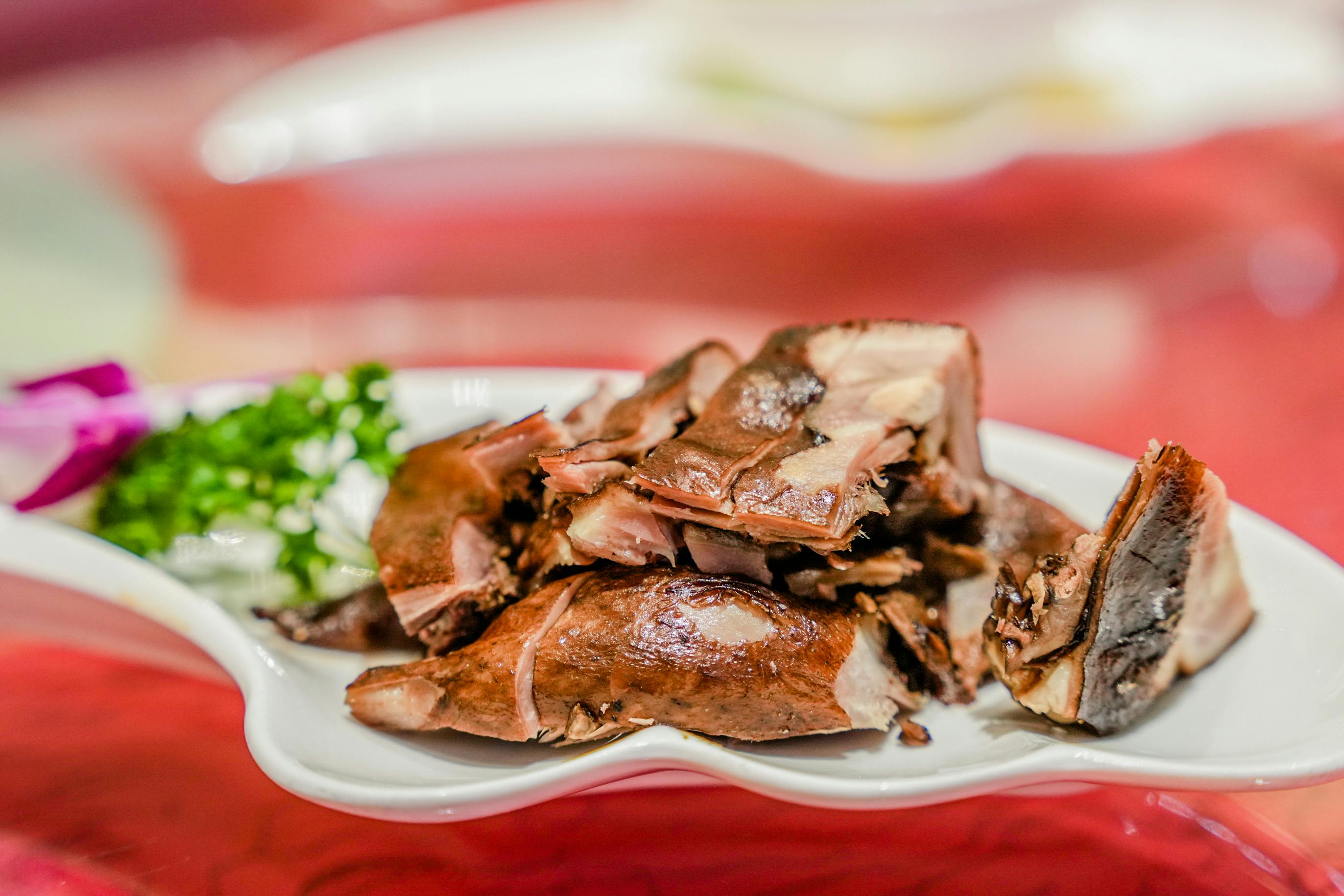
Effective 7-Day PCOS Diet Plan for 2025: Discover Proven Meals to Manage Symptoms and Improve Health
Polycystic Ovary Syndrome (PCOS) affects a significant number of women, often leading to uncomfortable symptoms such as weight gain, insulin resistance, and hormonal imbalances. An effective PCOS diet plan can help manage these symptoms by promoting hormone balance, improving overall health, and enhancing weight management. For your convenience, we’ve crafted a practical 7-day meal plan that focuses on whole foods, nutrient density, and anti-inflammatory options, all essential for managing PCOS.
This article outlines the meal plan, provides healthy recipes, and offers vital diet tips for PCOS, enabling you to make informed choices about your nutrition. You'll discover how adopting a meal strategy centered around fiber-rich foods, healthy fats, and complex carbohydrates can alleviate symptoms and promote wellness. Stay tuned as we guide you through the dietary adjustments aimed at improving your health and managing PCOS effectively.

Understanding the Importance of a PCOS Diet Plan
Having a reliable PCOS nutrition plan is crucial for women facing this condition. The right dietary choices can significantly affect symptoms such as insulin resistance and hormonal imbalances, which are commonly associated with PCOS. Here we will explore key elements of an effective PCOS diet plan that can also promote weight loss and improve overall health.
Key Nutritional Strategies for PCOS
To support hormone regulation and manage symptoms, a PCOS diet should focus on balanced macros. Hence, incorporating moderate amounts of low glycemic index (GI) carbohydrates alongside protein and healthy fats is essential. This minimizes blood sugar spikes and aids in insulin sensitivity.
Importance of Whole Foods
Choosing whole foods over processed alternatives can have a profound impact on your health. These foods are packed with vitamins, minerals, and phytonutrients that are vital for maintaining optimal health, especially for those with PCOS. Focus on colorful veggies, lean proteins, and wholesome grains.
Benefits of Anti-Inflammatory Foods
Incorporating anti-inflammatory foods helps combat the chronic inflammation often associated with PCOS. Foods rich in omega-3 fatty acids, such as fatty fish and flaxseeds, are wonderful allies in reducing inflammation and improving overall health.
Portion Control and Meal Timing
Practicing portion control is essential for weight management. Pairing this with proper meal timing can enhance your metabolic processes and help regulate hormones. Consider implementing a structured meal schedule, focusing on smaller portions throughout the day rather than three large meals.
Support from Professionals
Engaging with healthcare professionals and nutritionists can provide tailored advice and support. They can assist in crafting a personalized nutrition plan that suits your individual lifestyle and health goals, ensuring that you are on track for continued success in your health journey.
Building on these fundamentals, let’s transition into the 7-day meal plan for PCOS.
Your 7-Day PCOS Meal Plan
This section presents a detailed 7-day meal plan designed for women managing PCOS. The emphasis is on simplicity and nutrition. Each day includes breakfast, lunch, dinner, and snacks that prioritize whole foods and nutrient-dense ingredients.
Day 1: Focus on Healthy Fats
Start the week with meals rich in healthy fats, which are crucial for hormone production. For breakfast, consider an avocado toast topped with crushed red pepper. For lunch, a quinoa salad with olive oil, veggies, and nuts is excellent. Dinner can feature grilled salmon with a side of steamed broccoli, while a handful of almonds serves as an ideal snack.
Day 2: High-Protein Day
Protein is essential for maintaining satiety and regulating blood sugar levels. Scrambled eggs with spinach make for a hearty breakfast. A turkey wrap with lettuce and hummus can be a great lunch choice. Grilled chicken with roasted sweet potatoes is perfect for dinner, along with Greek yogurt topped with berries as an easy snack.
Day 3: Fiber-Rich Foods
Incorporate more fiber into your meals to aid digestion and promote fullness. A smoothie bowl for breakfast made with spinach, banana, and flaxseeds kicks off the day. Lentil soup for lunch is nutritious and filling, while dinner could include a bean and quinoa bowl, topped with your favorite veggies. Snack on carrot sticks with guacamole.
Day 4: Mediterranean Flavors
Day four is all about the Mediterranean diet known for its health benefits. Start with oatmeal garnished with walnuts and fresh fruits. A Greek salad with feta and olives for lunch helps to keep things light, while grilled lamb with chickpeas is a fantastic dinner choice. For snacks, try hummus with whole grain crackers.

Day 5: Low Glycemic Index Foods
Focusing on low GI options can help stabilize blood sugar. A chia seed pudding with almond milk for breakfast is refreshing. For lunch, consider zucchini noodles topped with marinara sauce and turkey meatballs, followed by a dinner of baked cod with a side of sautéed kale. Fresh fruit or mixed nuts can act as a great snack choice.
Day 6: Incorporating Supplements
On this day, you might want to consider dietary supplements that support your nutritional needs. For breakfast, a smoothie with protein powder can provide an extra boost. Enjoy a hearty salad with chickpeas for lunch, followed by stir-fried tofu with mixed vegetables for dinner. Keep your snacks simple with hard-boiled eggs.
Day 7: Meal Prep for Success
Reflecting on the week, meal prepping for the upcoming days is essential. For breakfast, overnight oats made in advance can save time. For lunch, pack a variety of leftovers, while a slow-cooked curry for dinner means less stress. Choose healthy snacks like fruit or edamame.
With the 7-day meal plan established, focus now shifts to maintaining these healthy lifestyle changes for PCOS.
Tips for Sustaining Long-term Changes
Implementing a new diet for PCOS is merely the first step; maintaining these changes is vital. Below, we've outlined some practical strategies for making lasting adjustments to your nutrition and lifestyle.
Understanding Food Swaps and Alternatives
Adapting your favorite recipes for PCOS-friendly options can be a game-changer. For instance, using almond milk or coconut milk as dairy alternatives can help lessen inflammation. Choose brown rice instead of white, or incorporate gluten-free options to support digestive health.
Creating a Supportive Eating Environment
Surrounding yourself with supportive social networks can enhance accountability. Engage in community support groups to share experiences and learn from others managing PCOS.
Mindful Eating Practices
Practicing mindful eating can reduce stress around food consumption. Paying attention to hunger cues and focusing on food's sensory aspects can develop a better relationship with meals.
Regular Health Monitoring
Tracking your health changes can indicate what aspects of the PCOS diet plan work best for you. Keep a food diary to evaluate patterns and build upon successes.
Staying Motivated with Fitness
Complementing your dietary changes with regular exercise is crucial for managing PCOS symptoms. Studies show that a combination of moderate exercise and healthy eating promotes sustainable weight loss and enhances overall wellness.
Concluding this guide, remember that your path with PCOS is unique. With the right support, nutrition, and practices, achieving wellness and symptom control is possible. The journey to better health can be enriched by integrating natural remedies while embracing lifestyle changes that suit your body and preferences.
Q&A: Your PCOS Diet Queries Answered
What are the main symptoms of PCOS?
Common symptoms include irregular menstrual cycles, weight gain, acne, and excessive hair growth. A proper PCOS diet plan can help manage these effectively.
How can diet help manage PCOS symptoms?
Diet plays a crucial role in managing PCOS by stabilizing blood sugar levels, promoting weight loss, and reducing inflammation.
What are some nutrient-rich foods to include in my PCOS diet?
Incorporate foods high in fiber, such as whole grains and legumes, along with healthy fats from nuts and seeds, to support your overall health.
Are there specific supplements that can benefit women with PCOS?
Supplements such as vitamin D, omega-3 fatty acids, and inositol can be beneficial for women managing PCOS symptoms. Consult with a healthcare provider for personalized recommendations.
How often should I eat when following a PCOS diet?
Regular meal timing helps maintain blood sugar levels. Aim for smaller, balanced meals throughout the day rather than three large meals.